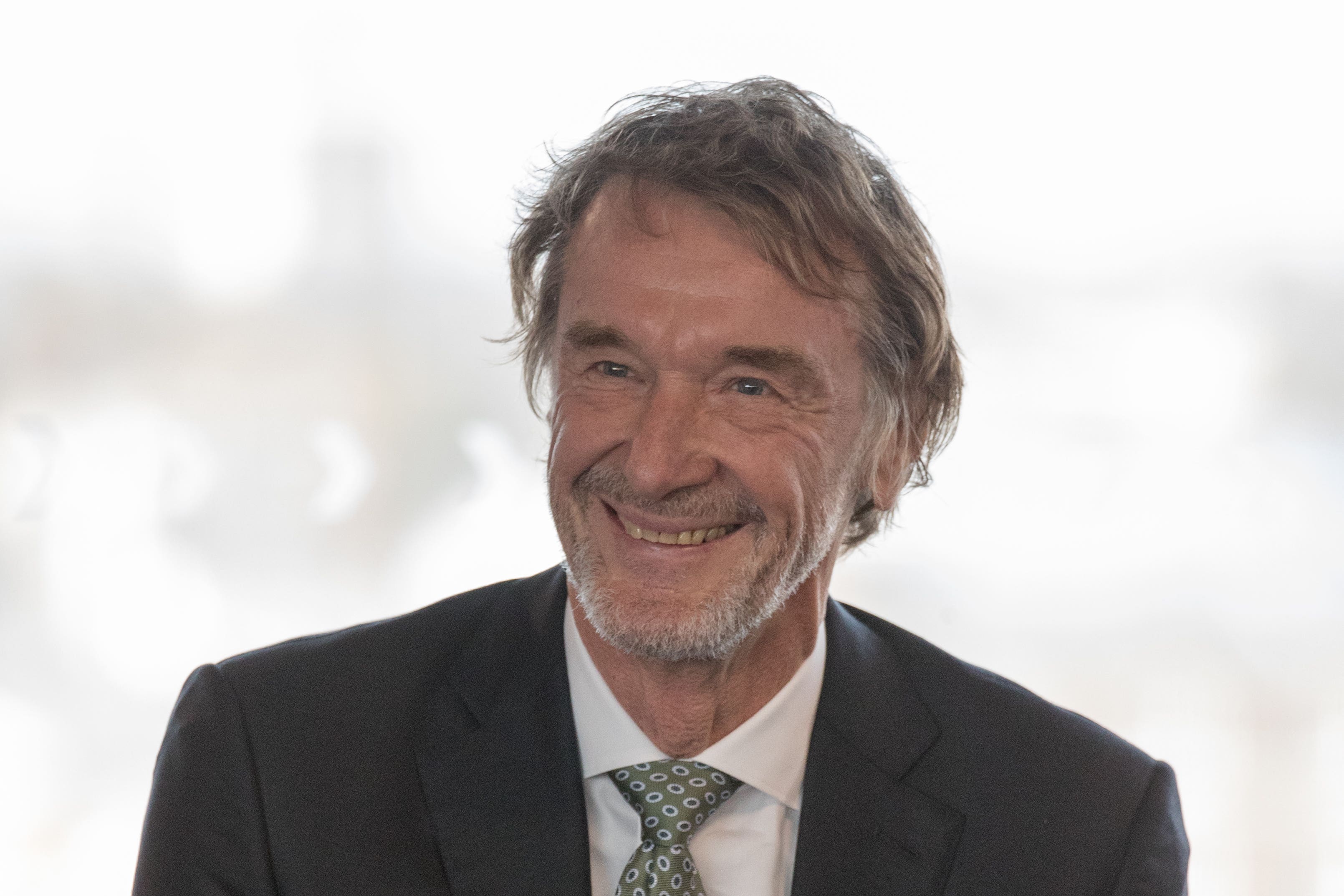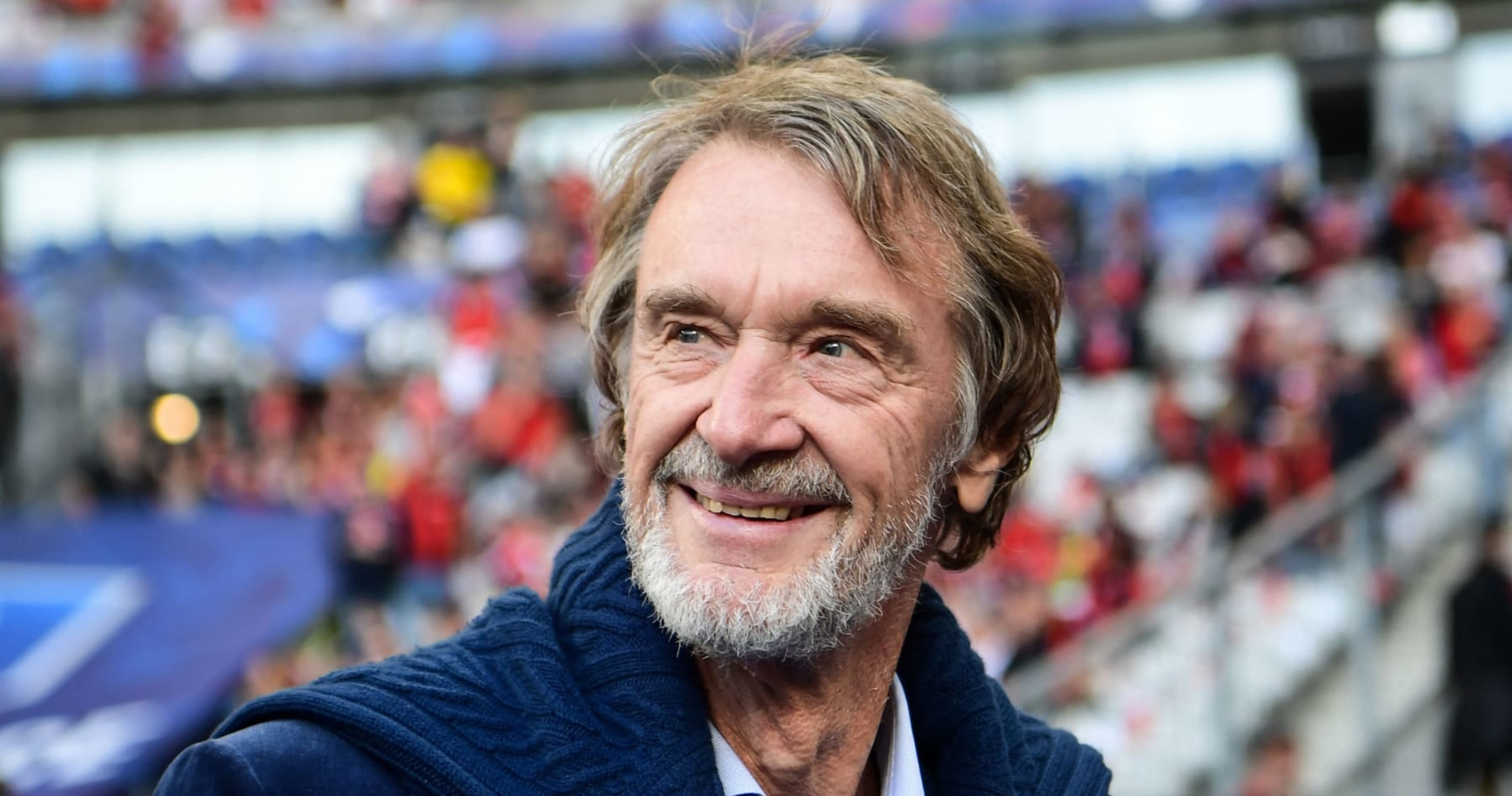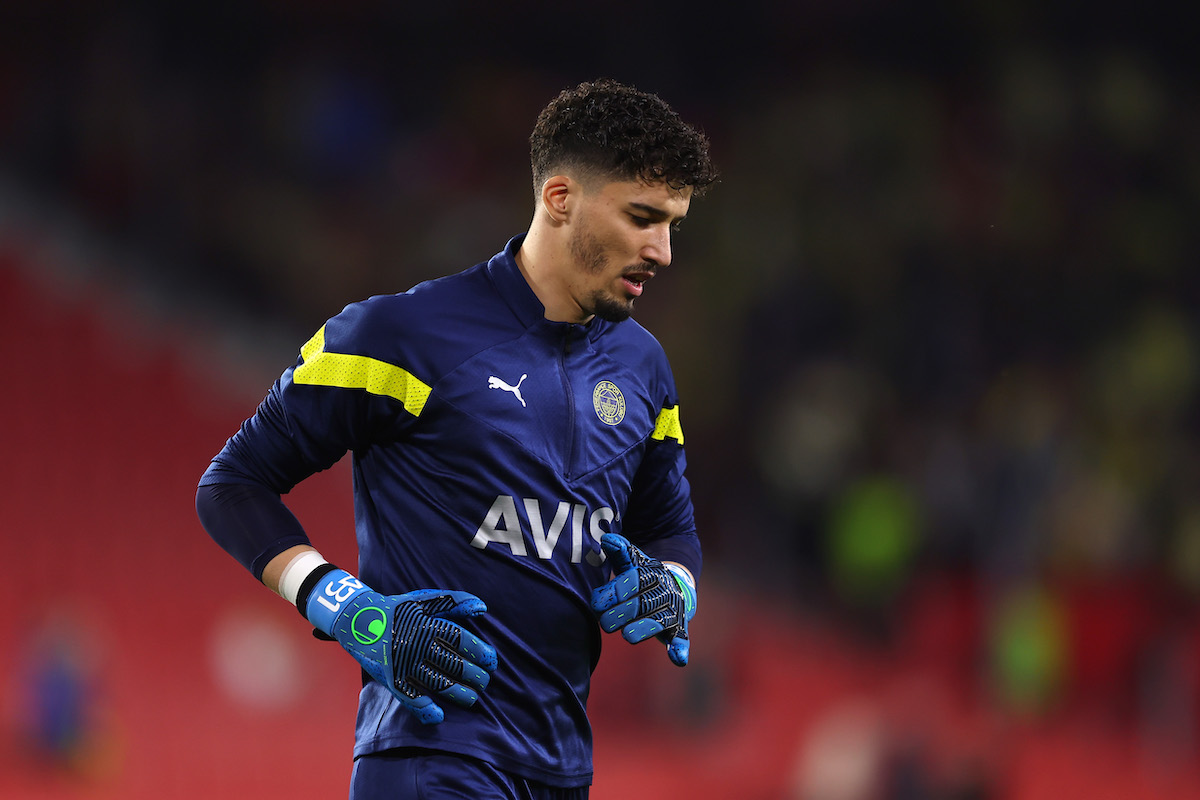Jim Ratcliffe Manchester United: The British billionaire’s bid to acquire the iconic football club has captivated the sporting world and sparked intense speculation. This high-stakes takeover attempt involves a complex interplay of financial power, strategic planning, and the fervent hopes and anxieties of millions of Manchester United fans worldwide. Ratcliffe’s considerable wealth and business acumen are under intense scrutiny as the bid unfolds, raising questions about his vision for the club’s future and potential impact on its legacy.
This analysis delves into the intricacies of Ratcliffe’s bid, examining his business background, the details of his offer, public reaction, and potential consequences for Manchester United. We will compare his approach to that of previous owners, highlighting potential challenges and opportunities. Ultimately, this examination aims to provide a comprehensive understanding of this pivotal moment in the history of one of the world’s most famous football clubs.
Jim Ratcliffe’s Pursuit of Manchester United: Jim Ratcliffe Manchester United
Sir Jim Ratcliffe, the billionaire founder of Ineos, launched a high-profile bid to acquire Manchester United, sparking significant debate among fans and analysts. This article delves into Ratcliffe’s background, his bid, its reception, and potential implications for the club’s future.
Jim Ratcliffe’s Business Background and Net Worth, Jim ratcliffe manchester united
Jim Ratcliffe’s entrepreneurial journey began with humble beginnings, culminating in the creation of Ineos, a global chemical company. His career trajectory is marked by shrewd investments, strategic acquisitions, and a focus on operational efficiency. Ineos’s portfolio encompasses diverse sectors, including petrochemicals, chemicals, and sports. Ratcliffe’s net worth, estimated to be in the billions of dollars, is largely derived from his ownership stake in Ineos and successful investments in various ventures.
His investment strategy prioritizes long-term value creation and operational excellence, a philosophy he has consistently applied throughout his business career.
Ratcliffe’s Acquisition Bid for Manchester United
Ratcliffe’s bid for Manchester United unfolded against a backdrop of intense competition from other prospective buyers. The timeline included initial expressions of interest, followed by formal bids and subsequent negotiations. While specific financial details of his offer remain confidential, it’s understood to have competed with other bids in terms of both the purchase price and the proposed investment plans for the club.
Ratcliffe’s stated intentions involve a commitment to long-term success, both on and off the pitch, with an emphasis on sustainable growth and financial stability. He envisions Manchester United as a global sporting powerhouse, focused on winning major trophies and maintaining its prestigious brand image.
Public Perception and Media Coverage of Ratcliffe’s Bid
Media coverage of Ratcliffe’s bid has been extensive, with major outlets offering diverse perspectives on his potential ownership. The public reaction has been mixed, with some fans expressing enthusiasm for his business acumen and commitment to the club, while others remain cautious, particularly concerning his previous lack of experience in football club ownership. Many articles emphasized Ratcliffe’s British nationality and his professed love for the club, highlighting a potential contrast with the Glazer family’s ownership.
The prevalent sentiment is one of cautious optimism, with many awaiting further developments and concrete plans before forming definitive opinions.
Potential Impacts on Manchester United under Ratcliffe’s Ownership

Under Ratcliffe’s leadership, Manchester United might experience significant changes across various aspects of the club’s operations. A potential organizational restructuring could streamline decision-making processes and improve efficiency. His focus on operational excellence could translate to a more data-driven approach to player recruitment, emphasizing performance metrics and strategic long-term planning. In marketing and branding, a renewed emphasis on the club’s heritage and global reach is likely, aiming to strengthen its commercial partnerships and fan engagement initiatives.
Find out about how premier league 8-0 can deliver the best answers for your issues.
Comparison with Previous Manchester United Owners
A comparison of Ratcliffe’s approach with that of previous owners, such as the Glazer family, reveals notable differences. While the Glazers’ ownership was largely focused on financial returns, Ratcliffe’s approach seems to prioritize long-term investment and sustainable growth. This difference in philosophy could significantly impact the club’s strategic direction and investment priorities.
| Owner | Ownership Period | Key Achievements | Notable Decisions |
|---|---|---|---|
| Glazer Family | 2005-2023 | Continued success in Premier League, Champions League appearances | Significant debt financing, limited investment in infrastructure |
| (Projected) Jim Ratcliffe | (Future) | (To be determined) | (To be determined) |
Potential Challenges for Ratcliffe as Manchester United Owner
Ratcliffe’s path to success at Manchester United is not without potential hurdles. Balancing the demands of financial stability with the need for significant investment in players and infrastructure will be crucial. Maintaining a positive relationship with fans and navigating the complexities of Premier League regulations will also require careful management. Potential conflicts of interest related to his other business ventures will need to be addressed transparently.
To mitigate these challenges, Ratcliffe could leverage his extensive business experience, build a strong management team, and prioritize open communication with fans and stakeholders.
Illustrative Example: Ratcliffe’s Leadership Style
Ratcliffe’s acquisition of the French cycling team, Team Ineos (formerly Team Sky), provides a relevant example of his leadership style. Facing challenges in team performance and public perception, Ratcliffe implemented a data-driven approach to training and performance analysis, resulting in significant improvements and multiple Tour de France victories. This demonstrates his commitment to long-term strategic planning, performance-based decision-making, and a willingness to invest in achieving success.
This approach suggests a potential for similar success at Manchester United, although the complexities of football management differ significantly from cycling.
The Jim Ratcliffe Manchester United bid represents a significant turning point for the club, one fraught with both promise and peril. While Ratcliffe’s considerable wealth and business expertise offer potential for revitalization, significant challenges lie ahead. Successfully navigating these hurdles will determine whether his ownership marks a new era of success or simply another chapter in the club’s complex history.
The outcome remains uncertain, but the impact on Manchester United, and the world of football, will undoubtedly be profound.


